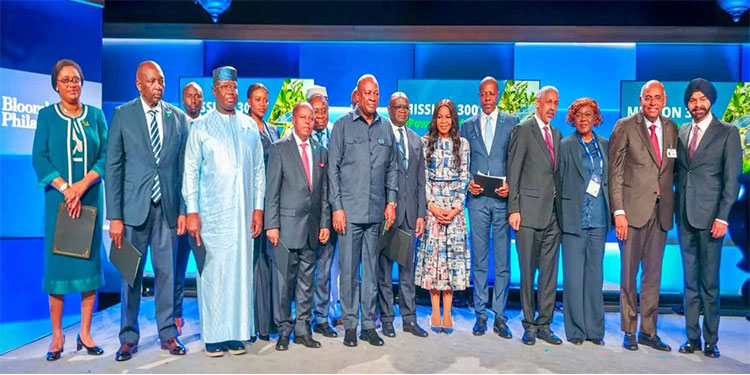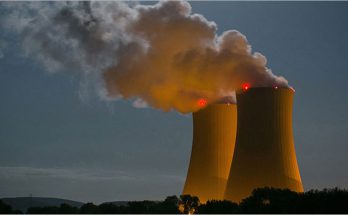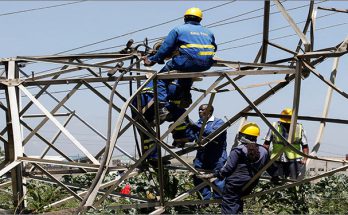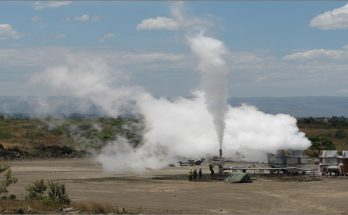 Seventeen African nations have pledged to implement reforms and develop actionable strategies to enhance electricity access through Mission 300—an ambitious initiative spearheaded by the World Bank Group and the African Development Bank Group, which seeks to provide electricity to 300 million Africans by the year 2030.
Seventeen African nations have pledged to implement reforms and develop actionable strategies to enhance electricity access through Mission 300—an ambitious initiative spearheaded by the World Bank Group and the African Development Bank Group, which seeks to provide electricity to 300 million Africans by the year 2030.
During the Bloomberg Philanthropies Global Forum, national Energy Compacts—detailed frameworks that direct public expenditure, initiate reforms, and draw in private investment—received endorsement from Benin, Botswana, Burundi, Cameroon, Comoros, the Republic of the Congo, Ethiopia, Gambia, Ghana, Guinea, Kenya, Lesotho, Mozambique, Namibia, Sao Tomé and Principe, Sierra Leone, and Togo.
“Electricity serves as the foundation for employment, opportunities, and economic development,” stated Ajay Banga, President of the World Bank Group. “This is precisely why Mission 300 transcends being just a goal—it is creating lasting reforms that reduce expenses, enhance utility services, and attract private investments.”
After the launch of Mission 300, 30 million users have been connected, with an additional 100 million in the pipeline.
Mission 300 is fundamentally built upon National Energy Compacts, which have been developed and ratified by governments with the help of development partners. These practical plans are tailored to the individual context of each country and include three key elements: infrastructure, financing, and policy.
Earlier this year, Energy Compacts received endorsements from Chad, Côte d’Ivoire, the Democratic Republic of Congo, Liberia, Madagascar, Malawi, Mauritania, Niger, Nigeria, Senegal, Tanzania, and Zambia—united in their pledge to execute more than 400 policy actions to bolster utilities, mitigate investor risk, and clear bottlenecks.
The World Bank Group, along with the African Development Bank Group, is collaborating with partners such as the Rockefeller Foundation, the Global Energy Alliance for People and Planet (GEAPP), Sustainable Energy for All (SEforALL), and the Energy Sector Management Assistance Program (ESMAP) trust fund of the World Bank to synchronize efforts aimed at energizing Africa. Numerous development partners and financial institutions are also backing Mission 300 projects by providing co-financing and technical support.



